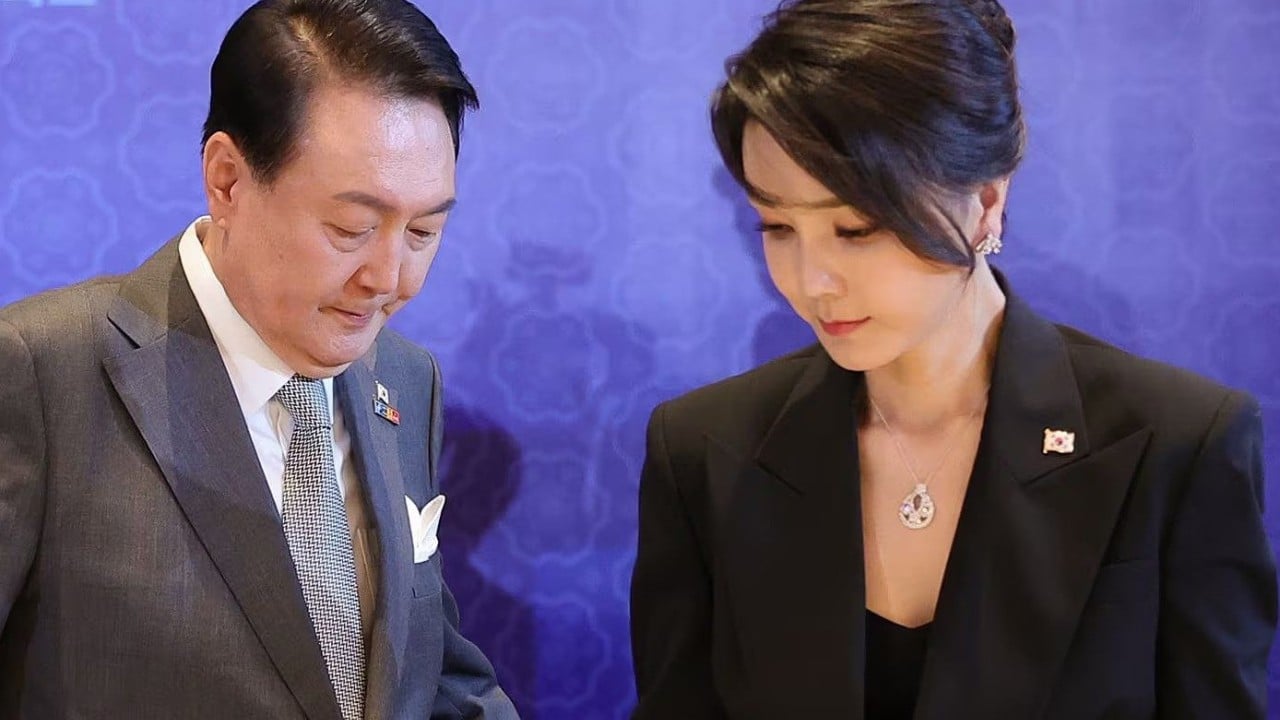A mounting series of corruption and influence-peddling allegations against South Korea’s former first lady, Kim Keon-hee, is fuelling accusations that an unelected figure exerted unlawful control over state affairs.
Investigators and analysts alike now question whether Kim leveraged her proximity to the presidency to meddle in personnel appointments and criminal investigations – including one targeting herself – and may even have influenced her husband Yoon Suk-yeol’s ill-fated martial law gambit.
It has long been suspected that Kim was behaving as if she were at the apex of power
The picture emerging from recent disclosures is of a shadow power centre that distorted South Korea’s official chain of command and blurred the line between private interests and public office.
Advertisement
Prosecutors have unearthed evidence indicating Kim intervened last year to shut down an inquiry into her own corruption case and in 2023 accepted a French luxury handbag, valued at 2.6 million won (US$1,800), from the wife of the leader of Yoon’s then ruling People Power Party – prompting accusations of brazen favour trading.
“It has long been suspected that Kim was behaving as if she were at the apex of power,” Ha Sang-bok, a political-science professor at Mokpo National University, told This Week in Asia.
Advertisement
He said the former first lady had “seriously undermined” the official chain of command during Yoon’s time in office, adding: “She has set an example for the roles of a first lady that went awry.”

